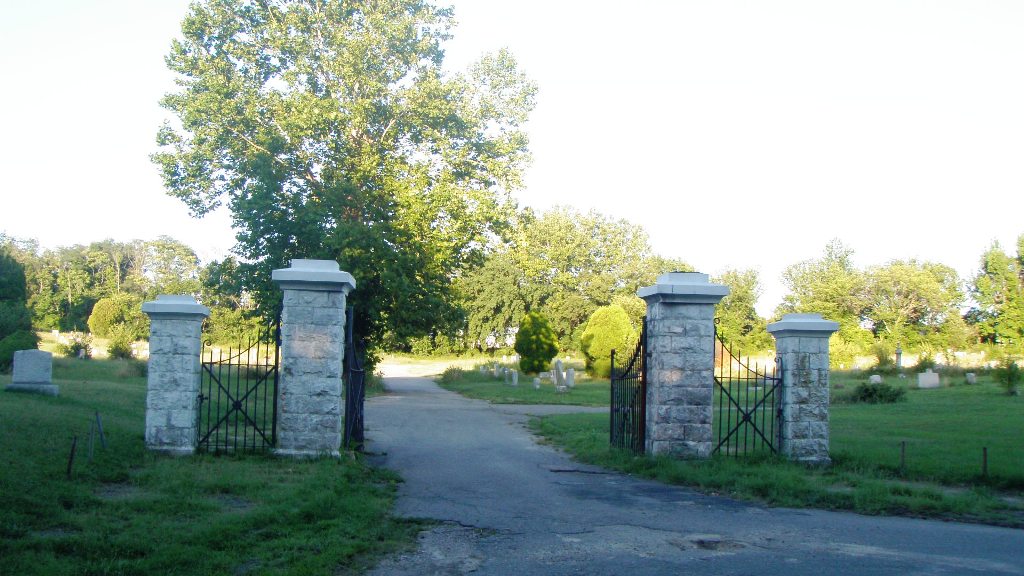House Passes McClellan Bill to Restore and Preserve Historic African-American Cemeteries
Bill would allow Woodland Cemetery and other Cemeteries created from 1900-1948 to qualify for state funding
Today, the Virginia House of Delegates unanimously passed Sen. Jennifer McClellan’s (D-Richmond) bill (SB 477) to enable historic African-American cemeteries opened between 1900 and 1948 to receive state funding for restoration and preservation.
Delegate Dolores McQuinn’s (D-Richmond) companion bill passed the House and Senate unanimously in February. The bills now head to Gov. Glenn Youngkin’s desk for signature.
Currently, only African-American cemeteries that were established prior to 1900 are eligible to receive state funding under the Virginia Historical African American Cemeteries and Graves Fund. The state funding is not currently available for cemeteries such as Woodland Cemetery, a historic African-American cemetery founded in 1917 in Henrico County by civil rights leader and publisher John Mitchell, Jr. Volunteers, non-profit organizations and local leaders have been working on restoring the cemetery, where tennis legend Arthur Ashe and Rev. John Jasper are buried.
McClellan’s bill changes the eligibility date from 1900 to 1948, the year in which the U.S. Supreme Court struck down racially segregated cemeteries.
“This is a major step towards protecting historic African-American cemeteries across Virginia,” McClellan said. “I’m honored to work with Delegate making and community leaders in expanding access to resources for preserving Virginia’s history. Community leaders at cemeteries such as Woodland Cemetery in Henrico County have done heroic work in restoring families’ history. These bills will help provide support for restoration efforts at Woodland and across the Commonwealth.”
“The passage of HB 140 and SB 477 is creating another opportunity to address centuries of challenges as a result of systemic racism from birth to the grave in Black Communities across our Commonwealth,” said Del. McQuinn. “These places had long been abandoned and treated as ‘out of sight, therefore out of mind.’ The passage of this legislation helps to ensure equitable funding and maintenance to these sacred historical places.”
“Together, we’ve worked to bring dignity to the 30,000 people interred at Woodland Cemetery,” said Marvin Harris, executive director of the Evergreen Restoration Foundation, which runs Woodland Cemetery. “We have been blessed with support from the Henrico community and volunteers, but we’re in a race against time to preserve the history at Woodland Cemetery. This legislation will help provide critical support to speed up the restoration and preservation of this important history.”
About 90 percent of public cemeteries across the U.S. were segregated until the 1950s. From the 1920s until the 1940s, courts did not consider cemeteries public accommodations and subsequently, cemeteries did not qualify for civil rights protections.
However, in 1948, the Supreme Court decided that state enforcement of racially restrictive covenants in land deeds violated the 14th Amendment, enabling the desegregation of cemeteries.


